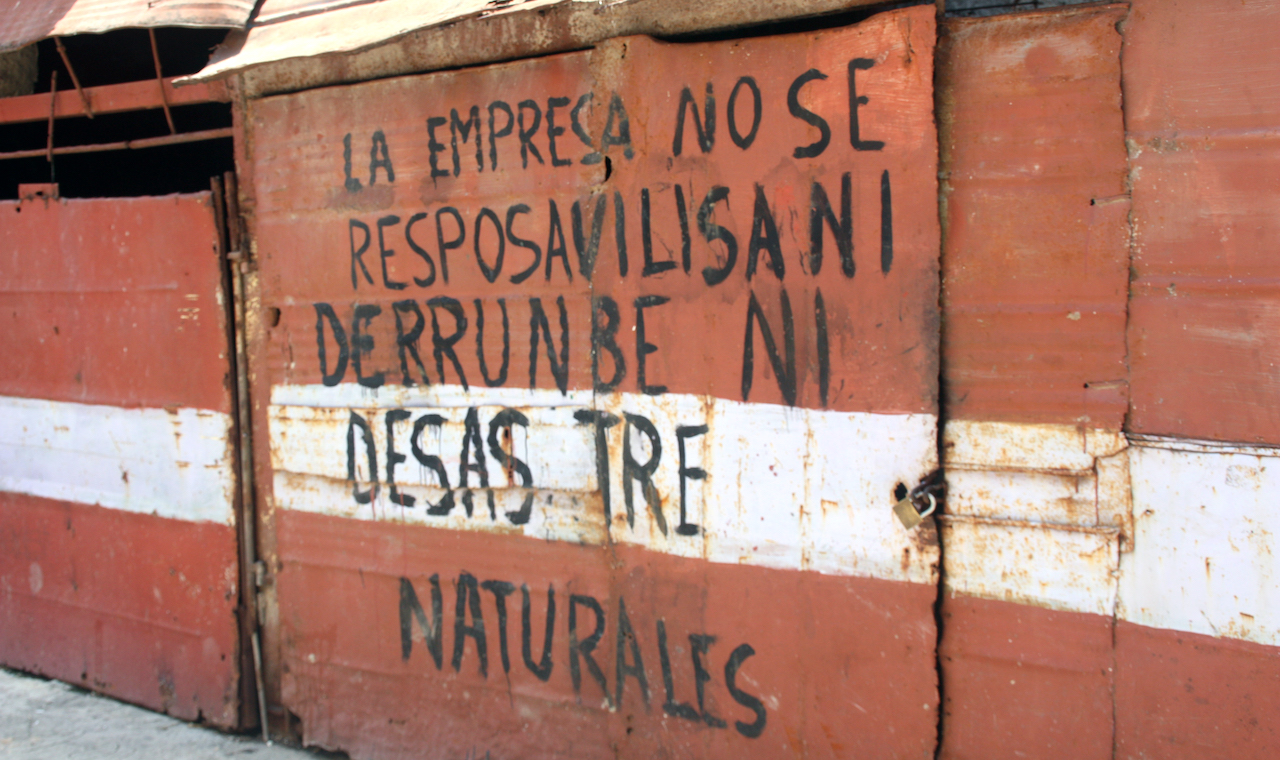One of the thorniest aspects that Cuba will face when it dismantles its current monopolistic, totalitarian system will be how to organize so that the people can recover their right to private property and control over productive assets, with which they will have to revive an economy sunk by Castroist centralism.
The success of any transition and the emergence of a healthy and dynamic society will depend on the combination of justice and economic realism with which it is carried out.
Probably the least socially traumatic outcome would be if the dismantling of the State/business, through the privatization of assets, preceded and promoted the political transition, so that a vigorous and economically prosperous civil society could lay the foundations for a new Cuba.
However, a smooth and progressive change from the Castroist model has been —at least for the time being— thwarted by the dissimulated conservativism of the Ordering Task and SME law, which push the country towards an impending collapse like the fall of the Berlin Wall, or, worse, a deplorable Romanian-like denouement.
If we look at how the old Soviet satellite states evolved in the early 90s (whose situation at that time bore some similarities to today's Cuba) we will find examples of privatization, with Czechoslovakia standing out among the most interesting.
There, they began by cataloging all state properties, which in 1990 accounted for 97% of the country's productive assets, assigning them five futures:
• Liquidation, when a company's accumulated inefficiency and costly conversion from an obsolete socialist company to a modern capitalist were excessive.
• Remaining as state property, if it provided services considered basic and non-transferable at that time.
• Property was returned to its original pre-Soviet owners (primarily real estate).
• Public auctions of thousands of micro and small businesses.
• The privatization of medium-sized and large companies through a system featuring the equal distribution of coupons exchangeable for shares, and the presentation of competitive "de-stateization" projects, mandatory for the management of each company, and optional for citizens and groups, without distinguishing between Czechs and foreigners.
The massive inflow of foreign capital through these initial privatizations, undertaken very quickly, gave the process stability and credibility. By August 1991 foreign investors had acquired more than 50 large companies that, without exception, continue to prosper to this day, and became the nucleus around which national suppliers developed.
In addition, the numerous privatization projects, together with the democratic distribution of coupons, fractured the monopolistic companies of the socialist era and overcame Soviet gigantism, endowing the market with competitiveness; by 1995 66.5% of productive assets were private, and the percentage of the population that worked for the State fell from 84% to 24%.
Privatization was successful because it had broad popular support and, together with the rapid transformation of property rights (80% of GDP is produced today by the private sector), it succeeded in firmly establishing a free market economy.
Undoubtedly, the Cuban transition (inexorable no matter how far off it may seem) must be aware that a positive result is not guaranteed and, therefore, it must be both original and draw upon experiences with similar processes because, although it may seem difficult starting from Castroism, it could get even worse.
In the privatization process, transparency, equal opportunities, and a good definition of what true justice is will be key. A delicate balance between historic reparations and common sense will also be required, which will require forthright and enthusiastic leadership.
It may seem like an arduous task, one requiring qualities of coexistence (tolerance, respect, dialogue and understanding) long absent from Cuba's national life. It will be necessary to secularize what Thomas Aquinas said: "God writes straight with crooked lines," and trust that the obstacles along the way will not prevent Cuba from reaching a better destiny tomorrow than the one the plight Castroism imposes on it today.
